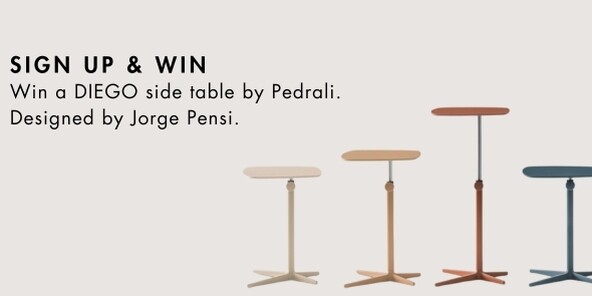Sustainable textiles – a major issue in fashion for some time now. The proportion of total global cotton output accounted for by organic cotton is still a mere 1 percent, but in recent years there has been immense growth, as the business with textiles produced in an ecofriendly and socially responsible manner is rocketing. Organic cotton is now being cultivated in no less than 24 countries, including Turkey, India, China, Syria, Peru and the United States. Alongside more conventional eco-fashion houses such as HessNatur, the largest buyers are above all the chain stores, such as H&M, C&A and Zara. And organic cotton has even made inroads into “haute couture”: Stella McCartney uses it, as do labels such as Noir or Edun, founded by U2 singer Bono.
In October 2014 members of civil society, standards organizations, the trade unions and businesspeople joined forces in Berlin to found the Partnership for Sustainable Textiles. Together they want to improve the social, ecological and economic conditions of the global supply chains in the textiles and clothing industry. And Messe Frankfurt is organizing special sub-sector trade fairs, such as the “Ethical Fashion Show” and the “Green Showroom” as part of Berlin’s Fashion Week – “green” is the theme. And if something promises to be a success, then it swiftly gets transferred to other fields, too. The topic of sustainability is thus also becoming increasingly important for home textiles. Ikea, for example, recently announced that in future it would only use cotton that has been sustainably farmed for its textile products.













